. To get a general idea, here's a roundup of caffeinated drinks to compare.
These caffeine levels are based on 1 cup of each drink:
- Cold brew: 96 mg of caffeine
- Espresso coffee: 60 mg of caffeine
- Mocha coffee: 85 mg of caffeine
- Caffelatte: 86.4 mg of caffeine
- Iced coffee: 74.4 mg of caffeine
- Black tea: 48 mg of caffeine
- Green tea: 28.8 mg of caffeine
- Decaffeinated coffee: 0 to 15 mg of caffeine
- Herbal tea: 0 mg of caffeine
When compared, it is evident that most coffee drinks contain more caffeine than tea, even in the case of some decaffeinated blends.
Caffeine is also present in matcha tea.
Benefits of caffeine
Caffeine, mainly contained in coffee and tea, but also in other foods such as chocolate, has several benefits:
- It facilitates digestion, thanks to its stimulatory effect on gastric and biliary secretion
- It has an energetic and tonic effect, in fact it stimulates heart and nervous function
- Promotes weight loss. Caffeine has a lipolytic effect, that is, it stimulates the use of fats for energy purposes and thermogenesis, increasing the amount of calories burned;
- It reduces the sense of appetite.
- It facilitates intestinal transit and helps fight morning constipation
Caffeine: what are the risks?
When the intake of cafferine is excessive, adverse consequences can occur and, the beneficial effect obtained from the right doses of the substance mainly contained in tea and coffee, can turn into a risk of developing disorders.
- Disorders of the digestive system: the high acidity of the juices poured into the stomach can cause ulcer, gastritis or gastroesophageal reflux;
- The tonic and stimulatory effect on cardiac and nervous function can be harmful for people suffering from insomnia, hot flashes and hypertension;
- Tachycardia,
- Pressure changes
- Tremors
- It inhibits the absorption of calcium and iron which can promote anemia and osteoporosis
Taking too much caffeine can be addictive.
, a cup of tea or coffee can provide the necessary energy supply. To perform the stimulating and invigorating function are essentially caffeine and theine, two substances present in some plants such as coffee and tea, but also in the cocoa plant. in the mate berries, in the guarana.
Are theine and caffeine the same thing? On a molecular level, yes, as they are two stimulating alkaloids that have the same chemical composition. The same substance that, depending on whether it comes from coffee beans or is extracted from tea leaves, is called caffeine or theine.
Caffeine and theine: same benefits?
Tea and coffee have the same effect on the body because they both contain caffeine. What makes the difference are the concentration and quantity of the active ingredient, which however varies from processing, type of tea and infusion time: in tea it is lower than in that present in coffee An espresso coffee can contain from 60 to 80 mg of caffeine, while a cup of tea about 30-40 mg of caffeine (considering 3-4 minutes of infusion).
antioxidants, caffeine and trigonellin, which stimulate cognitive functioning and can reduce the risk of memory loss. Along with antioxidants, such as chlorogenic acid, the anti-inflammatory compound, coffee also has beneficial effects on brain health, fatty liver, diabetes and metabolic syndrome.to the management of headaches and to the alleviation of digestive discomfort. Similar to coffee, tea is also rich in anti-inflammatory properties, such as antioxidants. The benefits (and the amount of caffeine present) vary according to the quality of the tea:
- Green Tea: antioxidant, draining, purifying;
- Black Tea: draining;
- White Tea: has less caffeine, therefore, less energizing and more suitable for the evening hours;
- Oolong and Pu erh: low-caffeine fat burners, can also be drunk in the afternoon
- Rooibos contains polyphenols, has antioxidant, anti-inflammatory and antiviral properties.

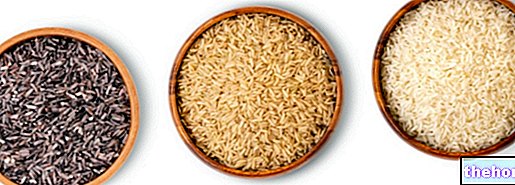
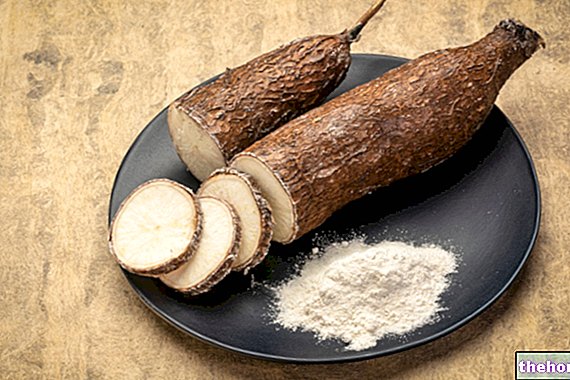
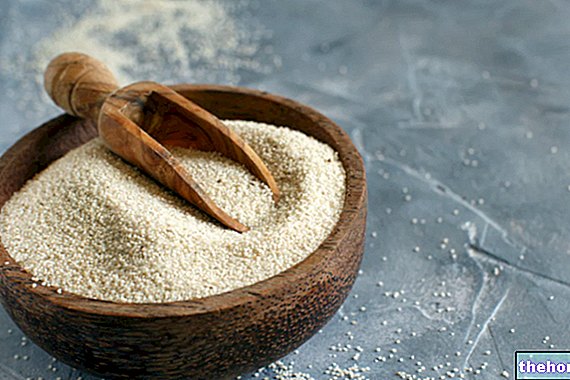
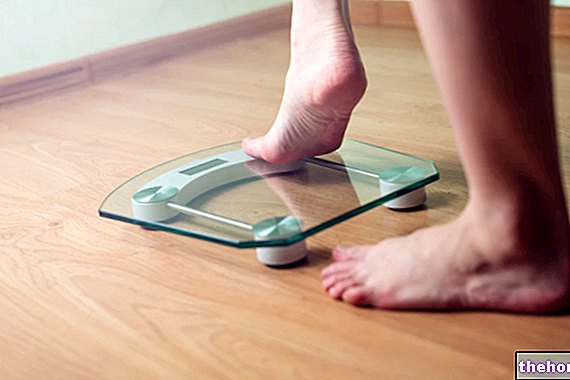
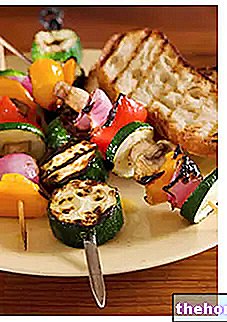
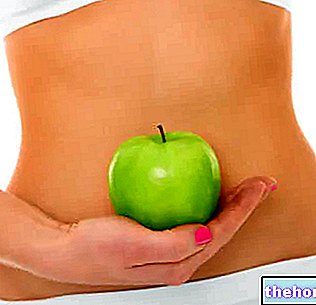









.jpg)











